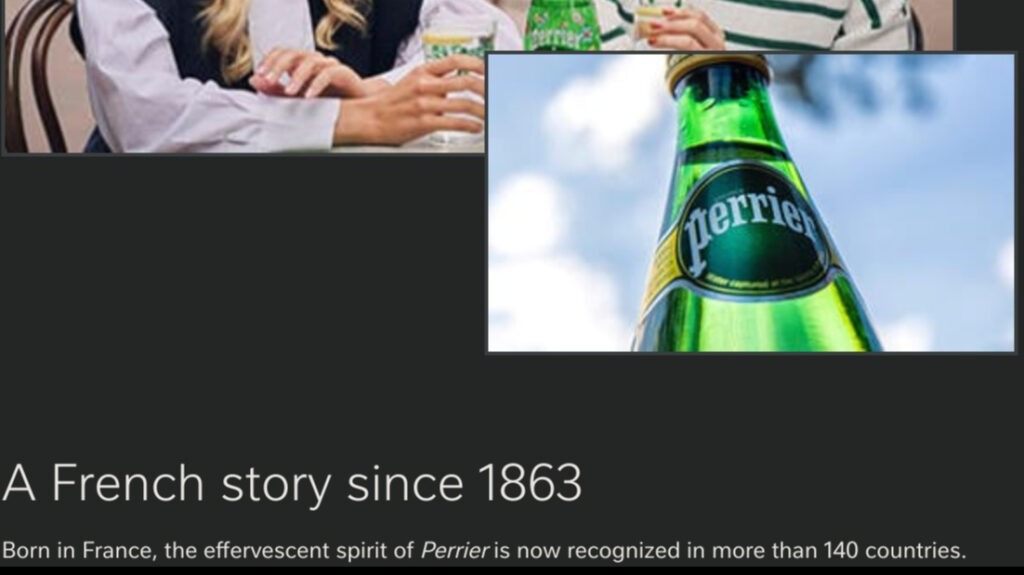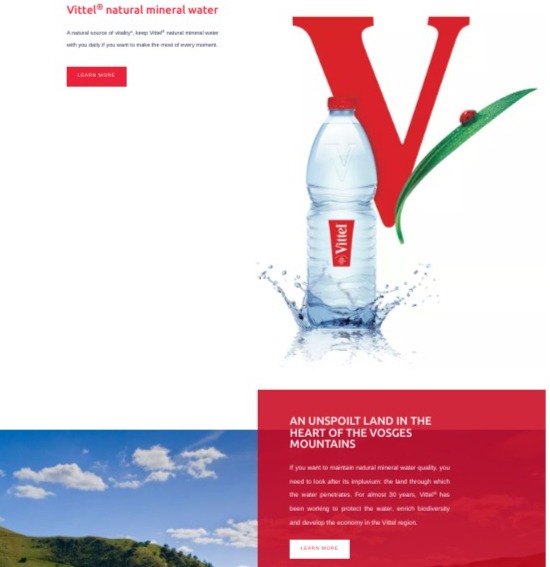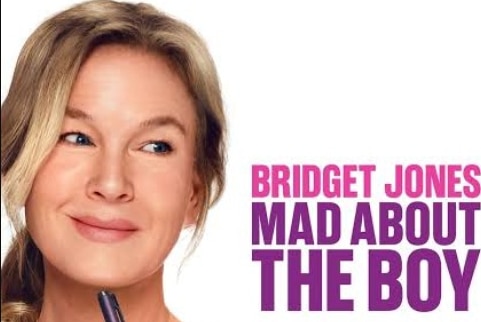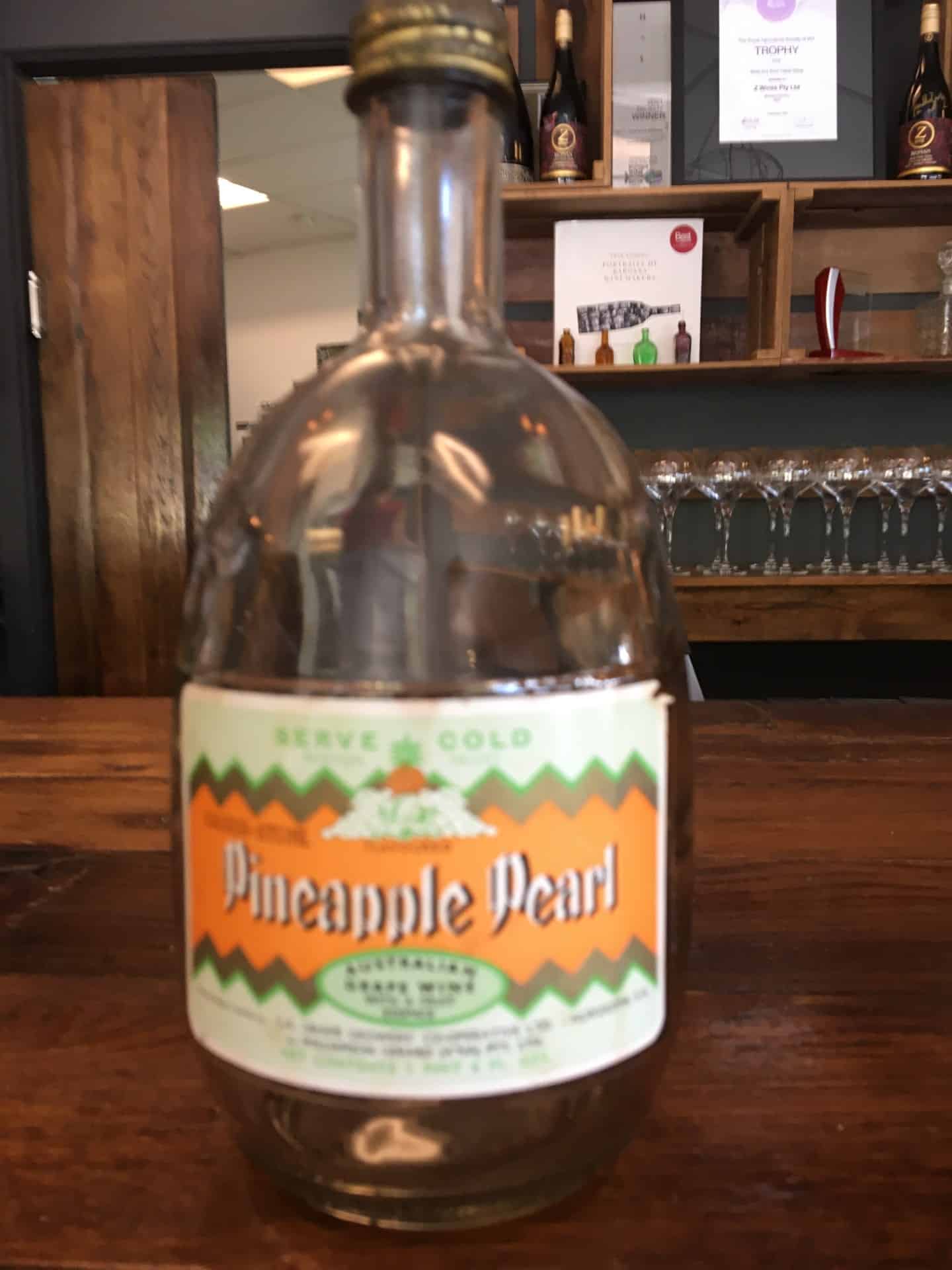The story of pollutants in the mineral water is denting the reputation of France as the purest home of fine wining and dining.
French officials found in 2022 that major brands including Vittel, Contrex, Hépar, Perrier and St-Yorre had for many years received treatments that did not comply with the regulations.
Sporadic contamination of bacterial or chemical origin meant that the waters needed purification techniques authorised on tap water but prohibited on “spring water” or “natural mineral water”. Spring and natural water was supposed to come from preserved underground resources and must therefore not undergo disinfection.
Le Monde and Radio France reported this week that government inspectors had no doubt that nearly a third of those brands used illegal treatments to remove pollutants.
For years, waters sold as “spring” or “natural mineral” have undergone banned purification techniques. According to a joint investigation by “Le Monde” and Radio France, at least a third of French brands are concerned, including those of Nestlé, which has recognized these practices. Informed since 2021, the government has relaxed the regulations with the greatest discretion.
Stéphane Foucart writing in Le Monde
French officialdom, conscious of the potential reputational damage to a major export, kept the official findings secret until Le Monde and Radio France published their findings.
The matter was “handled with discretion” at the highest level, with a decision taken, on February 22, 2023, at the end of an interministerial meeting, to relax the regulations by way of prefectural decrees. This was in order to authorize microfiltration practices previously known to be non-compliant and thus allow the continued operation of several sites.
The leaked report also lists other “fraudulent” practices. They include the occasional addition of tap water to mineral waters; the use of carbon dioxide gas in mineral waters sold as “naturally” sparkling; and disinfection with ozone, another technique that is banned for natural mineral waters.
A statement by the French health ministry says the report contained “confidential business information” that could not be divulged. It added: “No health risk linked with the quality of bottled water has been identified at this stage.”
According to Radio France, however, the agency’s report said: “It would not be prudent to conclude that health risks are completely under control, especially microbiological risks.”
The owner of many brands, Nestlé, itself had informed the French authorities of the problem in 2021 and said it wanted to discontinue the banned practices.

Nestlé said it had “lost sight of the issue of regulatory compliance” as “environmental changes” had made it more difficult to guarantee that its springs remained free of chemical or microbiological pollutants. It added that all its brands produced in France now “comply with French regulations for natural mineral water”.
See A drinks list for mineral waters? for another insight into the mineral water industry.
.





